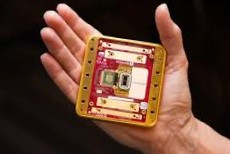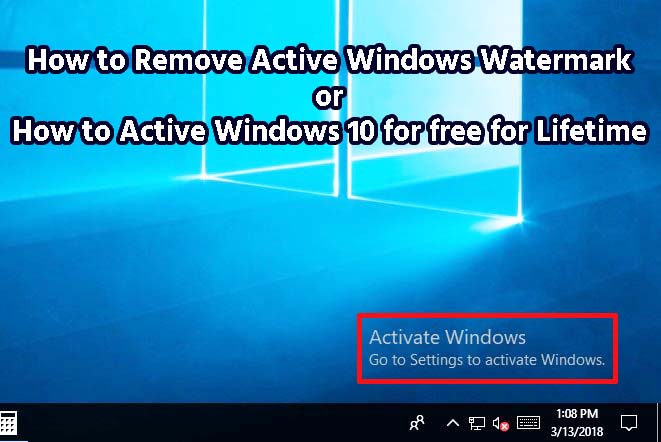
The Next Tech Revolution: Why Quantum Computing Matters
Imagine a world where your computer could solve problems in seconds that would take today’s supercomputers thousands of years. Sounds like science fiction, right? Well, Microsoft is turning this into reality with quantum computing a revolutionary technology that has the potential to reshape industries from healthcare to finance.
If you’re new to the concept, don’t worry. In this guide, we’ll break down what Microsoft’s quantum computers are, how they work, and why they matter. No PhD in physics required!
Also Read : How to Make Money Through Deepseek: Unlocking New Opportunities in the Digital Age
What Is Quantum Computing?
Traditional computers, like the one you’re using now, process information in bits tiny units that can be either 0 or 1. Quantum computers, on the other hand, use qubits (quantum bits), which can be 0, 1, or both at the same time (thanks to a phenomenon called superposition). This allows them to perform complex calculations at an exponentially faster rate than classical computers.
Another key principle in quantum computing is entanglement a bizarre property where two qubits become interconnected, meaning the state of one instantly affects the other, regardless of distance. This enables quantum computers to process vast amounts of information in parallel, making them incredibly powerful.
Microsoft’s Approach to Quantum Computing
Unlike other companies in the quantum race, Microsoft is developing a unique type of quantum computer based on topological qubits. These qubits are designed to be more stable and less prone to errors than traditional qubits, which is a major challenge in quantum computing.
Key Components of Microsoft’s Quantum Initiative:
- Azure Quantum: A cloud-based quantum computing platform that allows users to experiment with quantum algorithms.
- Q# (Q-sharp): A specialized programming language designed for quantum computing.
- Quantum Development Kit (QDK): A set of tools for developing and testing quantum applications.
By focusing on topological qubits, Microsoft aims to create a scalable and reliable quantum system that can solve real-world problems more efficiently than today’s supercomputers.
Real-World Applications of Microsoft Quantum Computing
Quantum computing isn’t just about theory it has the potential to revolutionize multiple industries. Here are some ways Microsoft’s quantum technology could make an impact:
1. Drug Discovery & Healthcare
Pharmaceutical companies could use quantum computing to simulate complex molecules and discover new drugs faster. For example, Microsoft is working with researchers to model chemical reactions that could lead to breakthrough treatments for diseases.
2. Financial Modeling
Banks and investment firms could use quantum computers to analyze market trends, optimize portfolios, and manage financial risks with unprecedented accuracy.
3. Climate Science & Sustainability
Quantum computing could help scientists develop more efficient batteries, optimize renewable energy grids, and simulate climate models to combat global warming.
4. Cybersecurity & Cryptography
Quantum computers pose both a threat and a solution to cybersecurity. While they could potentially break current encryption methods, Microsoft is also working on quantum-safe cryptography to keep data secure in the future.
Getting Started with Microsoft’s Quantum Tools
Interested in experimenting with quantum computing? You don’t need a physical quantum computer to start learning. Microsoft provides several beginner-friendly resources:
- Azure Quantum: Access quantum simulators and real quantum hardware via the cloud.
- Q# and QDK: Learn how to write quantum algorithms using Microsoft’s programming language and development kit.
- Microsoft Learn Quantum Computing Courses: Free tutorials and courses to help you get started with quantum computing concepts.
By exploring these resources, beginners can gain hands-on experience and understand how quantum computing could shape the future.
Frequently Asked Questions (FAQs)
1. How is a quantum computer different from a classical computer?
Classical computers use bits (0s and 1s), while quantum computers use qubits, which can exist in multiple states simultaneously. This allows quantum computers to perform calculations much faster than traditional machines.
2. Why is Microsoft focusing on topological qubits?
Topological qubits are more stable and less prone to errors, making them a promising approach for building scalable quantum computers.
3. Do I need a physics background to work with Microsoft’s quantum tools?
Not at all! Microsoft provides beginner-friendly resources and programming tools like Q# to help developers and researchers experiment with quantum computing.
4. When will quantum computers be widely available?
While quantum computers are still in the early stages of development, Microsoft and other tech giants are making significant progress. Experts predict practical quantum computing could become mainstream within the next 10-20 years.
5. What are some real-world problems quantum computing could solve?
Quantum computing could revolutionize drug discovery, financial modeling, climate science, and cybersecurity by solving complex problems that are currently beyond the reach of classical computers.
6. How can I start learning quantum computing with Microsoft?
You can explore Microsoft’s free learning resources, use Azure Quantum to experiment with quantum algorithms, and start coding with Q# to build your knowledge from the ground up.
Final Thoughts: The Future of Quantum Computing
Microsoft’s quantum computing efforts are paving the way for a new era of technology—one where problems that seem impossible today may become solvable in the near future. Whether you’re an aspiring developer, researcher, or simply curious about the next big tech breakthrough, there’s no better time to start learning about quantum computing.
Ready to explore? Check out Microsoft’s Azure Quantum and start your journey into the world of quantum computing today!
